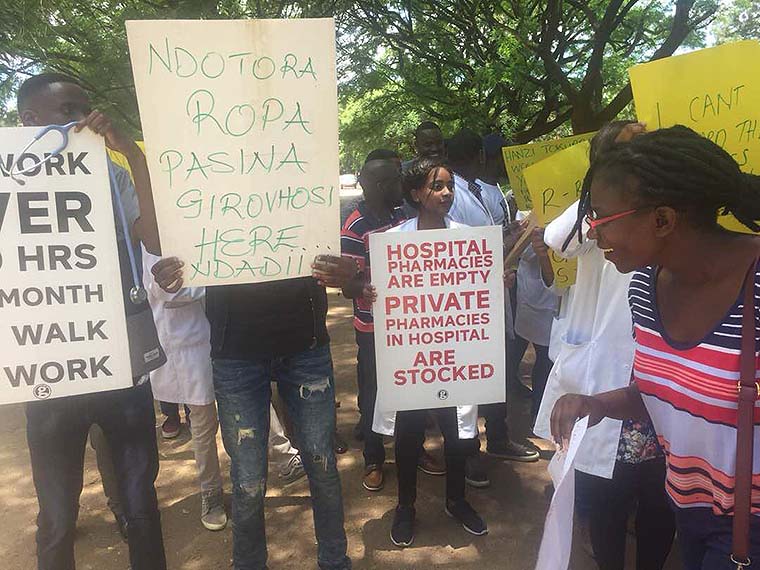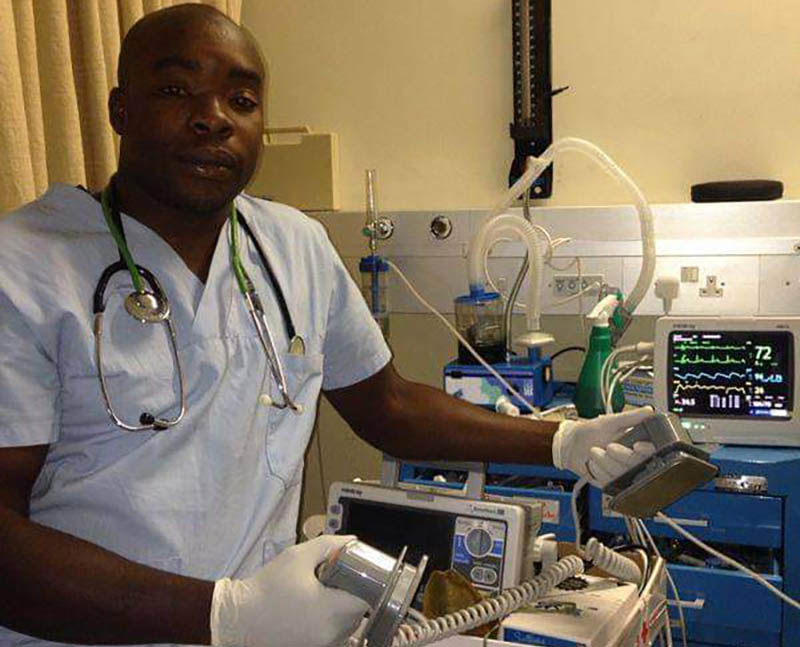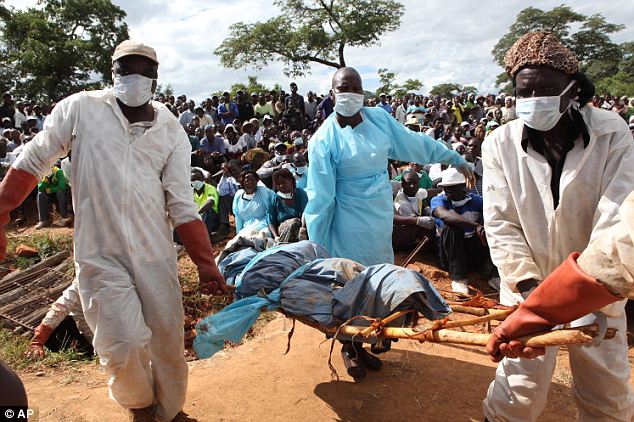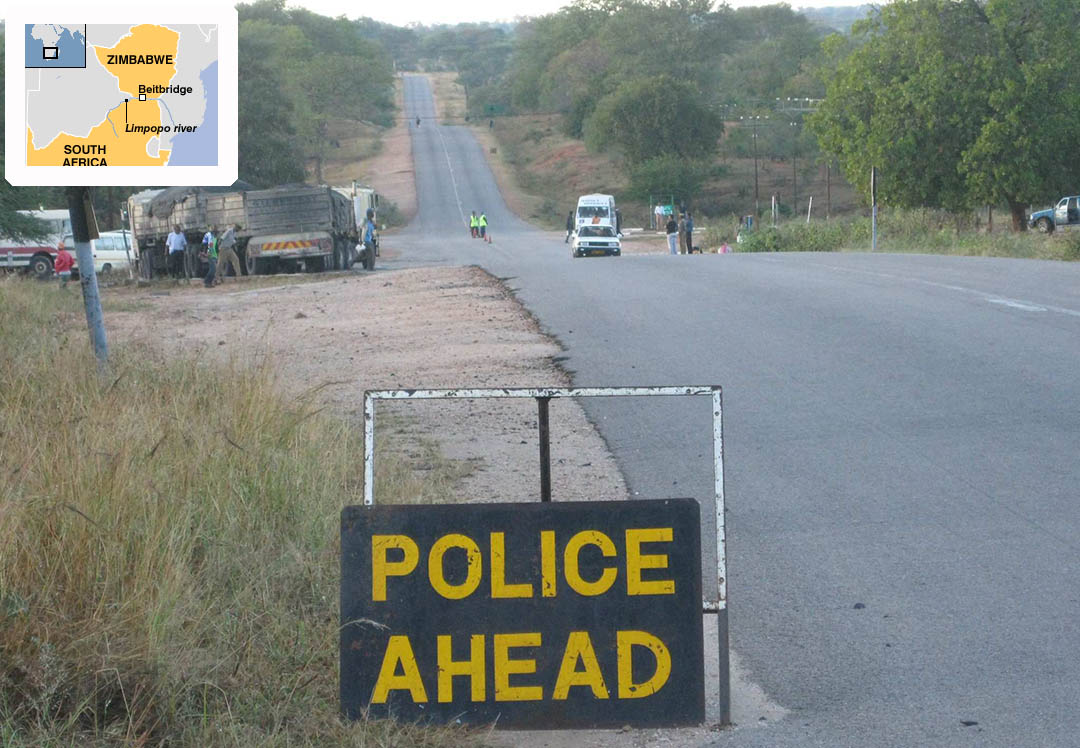HARARE – The Health Service Board (HSB) has fired 211 doctors in absentia after they refused to heed an ultimatum to return to work, and also boycotted disciplinary hearings.
The doctors have been on strike since September 3, demanding United States dollar-indexed salaries.
In a statement on Friday, the HSB said 279 doctors employed by the government had been served with letters to attend hearings. In all, 516 out of 1,601 doctors on the government’s payroll – a third of the total – face disciplinary hearings for participating in the ongoing work boycott which has paralysed the country’s health service.
The HSB said at the conclusion of 213 hearings, 211 doctors had been found guilty of absenting themselves from duty without leave or reasonable cause.
Only three doctors appeared in person, and two of the cases had their determinations reserved pending verification of some information they supplied, the HSB said.
The government’s response to the doctors’ strike has drawn condemnation from the opposition.
Doctors’ unions accuse the government of showing little appetite for resolving the standoff because the president and his ministers get treated abroad.
The Labour Court last month ruled that the doctors’ strike was illegal, and directed that members of the Zimbabwe Hospital Doctors Association (ZHDA), which represents junior and middle level doctors in public hospitals, should cease their strike forthwith.
The HSB, which employs the doctors, had asked the court to force them to get back to work, arguing that they were not allowed to strike because they provided an essential service.
The court said the HSB was entitled to take disciplinary action against doctors who fail to comply with the order, the court said, adding that the two sides should seek arbitration within 14 days.
The ZHDA decided that its members would not go back to work. The threat of job losses has also not deterred the doctors who have stuck together and boycotted the HSB hearings.
The doctors have already said an offer to raise their allowances by 60 percent was “ridiculous” as it would take their monthly salaries to around 1,700 Zimbabwe dollars (US$111), well below their demand of a 400 percent salary hike.
Zimbabwe is grappling with its worst economic crisis in a decade, amid triple-digit inflation, rolling power cuts and shortages of U.S. dollars, medicines and fuel.
The doctors’ strike has seen some patients being turned away without treatment.
















